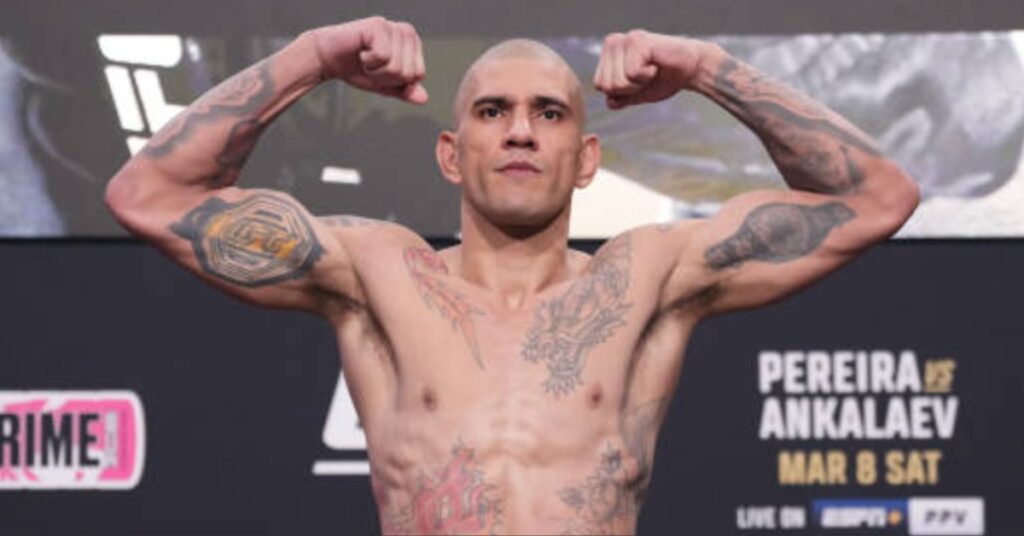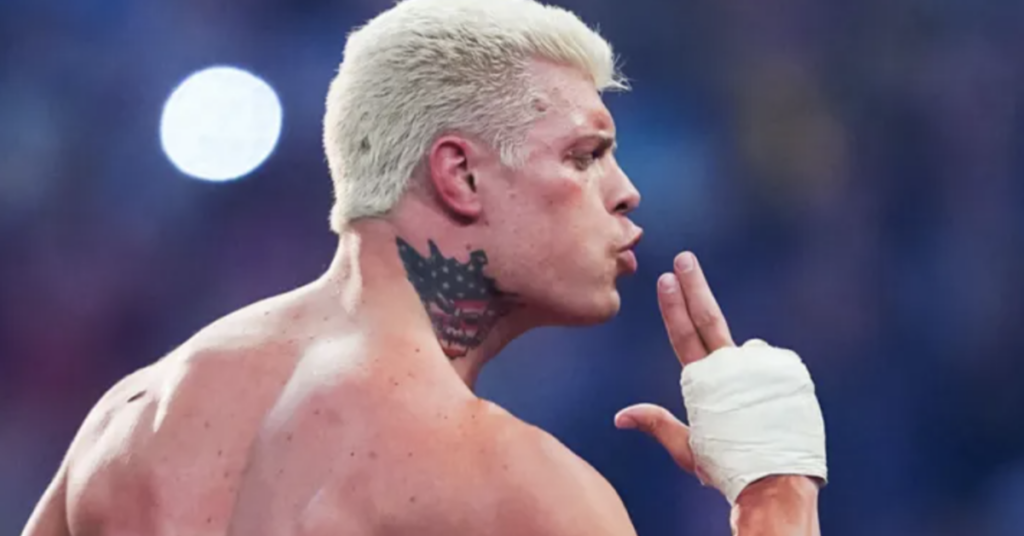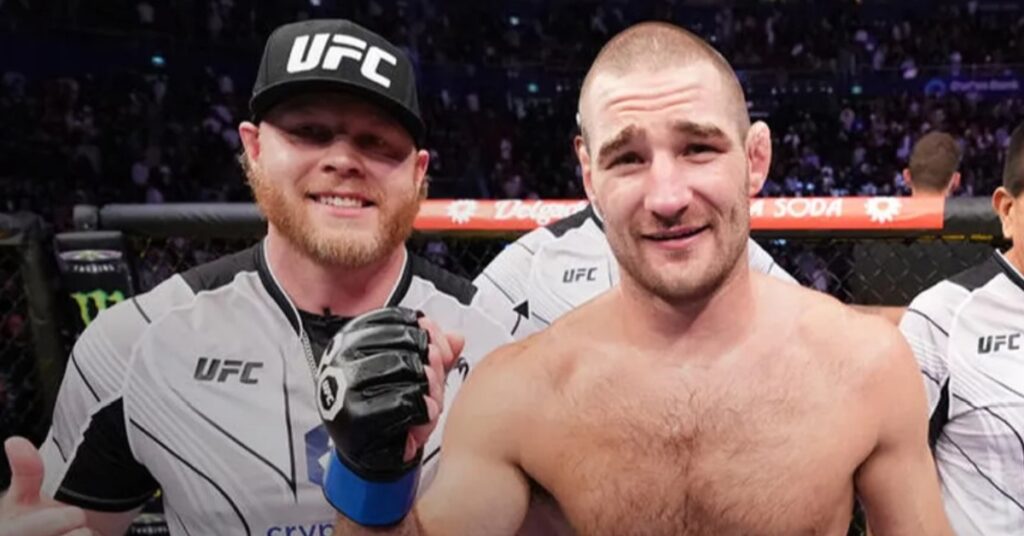The UFC Eats Strikeforce: The Good, the Bad, and the Ugly
It should have come as no surprise, but it did surprise many fans–the UFC has gobbled up Strikforce, lock, stock, fighter contracts, video library–and , erm, barrel.
We Should Have Known
We saw what happened to Pride and the WEC–so why was this latest aggressive acquisition a surprise? From my perspective, I was perhapss lulled by Dana White‘s frequent and public denigration of all things Strikforce–including Showtime who televised Strikeforces’s fights. My thinking was why would the UFC pay good money for a promotion they thought so little of?
Of course, that changed recently with the Heavy Weight Tournament. Its very success put Strikeforce in the crosshairs of Dana White and Lorenzo Fertita. Also, prior to the announcement of the HW tournament, Strikeforce had put on some very entertaining fights, one which–although Dana White called the fights mismatches–featured three main card knockouts in a row. Dana White became irritable when reporters mentioned the success of Strikeforce, launching into tirades belittling the promotion and all associated with it.
Bidding War For Strikeforce
While Strikeforce never seemed to bleed that badly, its investors had lost confidence in the prospects of their investments and were looking to sell while the promotion had some value.
In Ariel Helwani‘s interview with the UFC president, White had indicated that their interest in this deal was fairly recent–less than 6 months.
It seems pretty plain that Scott Coker was being wooed by the Stratus/ProElite group, and Coker invited the UFC enter the bidding if they wanted Strikeforce.
According to MMA Payout
http://mmapayout.com/2011/03/zuffa-purchases-strikeforce-agree-to-blockbuster-mma-deal/
“1) From David Meltzer: “There were two entities interest in purchasing Strikeforce but UFC made the stronger money offer. The impression I was given is that UFC was aware of the first deal in place and in either late November or early December decided they were going to get it. Negotiations have gone on since that time.”
2) From MMAJunkie: “ProElite Inc., the once-mighty fight-promotion company purchased for pennies on the dollar in February 2010 by Stratus Media Group Inc., had been in active negotiations with the recently acquired Strikeforce and had met face to face with CEO Scott Coker, sources close to the negotiations today told MMAjunkie.com (www.mmajunkie.com).”
3) From Josh Gross of ESPN: “Among those potential investors was ProElite, Inc., which was told it could buy out Coker’s Silicon Valley partners for $20 million and another $20 million investment in capital, a source involved in the negotiations said. ProElite is a publicly traded company that promoted MMA on Showtime under the EliteXC banner until it sold its assets to Strikeforce and its partner Silicon Valley in February 2009. That 2009 sale created the opportunity for Strikeforce to strike a deal with Showtime.”
The Choices Available To The UFC
The UFC faced the prospect of new and more well-heeled owners of Strikeforce, able and willing to take Strikeforce to the next level. If they purchased Strikeforce now, they would have clear sailing by eliminating the competition for a fairly low current price. If they waited, or failed to bid, the price might be a lot higher in the uncertain future. With financing coming from Abu Dhabi and their wealthy Flash Entertainment partners, the acquisition loan was easy to arrange.
Business As Usual?
There are two ways the UFC can handle Strikeforce. Option one is to continue Strikeforce as a separate promotion, and create a minor league for the the UFC major league, or option two, to run out current contracts, then close the promotion, absorbing the pick of fighters into an even deeper UFC roster. Option two seems the only realistic and likely option considering the UFC’s past history in the Pride and WEC acquistions.
Business will not be as usual because Strikeforce is no longer a competitor of the UFC. The UFC has eliminated the only possible major business competitor in the world. The UFC is, essentially, the only game in town now.
The Good
With the unification of the two promotions, fights that did not seem possible are now realistic. The wrangling arguments over how well Alistair Overeem, Nick Diaz, or Jacare would do in the UFC will now have a chance to be settled once and for all–in the octagon. The UFC should expand their roster in the HW divsision, making this key weight class more competitive.
Most major sports promotions ended up being unified which was good for the sport and good for the fans. Boxing has suffered for decades due to the many different promotions and a plethora of World Titles. Fights which should happen–never do. A unified promotion focuses the sport, and the attention of fans and up and coming fighters, especially as the sport expands to a global level, a unified promotion will offer the depth of talent as well as the deep pockets needed to market and grow the business in new countries.
The Bad
As a general rule, healty competition is good as it allows for choice in products and provides incentives for competing promotions to serve their customer, the MMA fan, better–especially by keeping prices down. With the competition gone, decision-making in MMA is narrowly focused on a small group of men who own a private company which does not have to divulge financial or any other business details as a public company would be forced to by law. For the fighters, there is only one place to go. The UFC will be able to better control fighter wages, especially for the mid-tier and lower level.
For those who look forward to immediate UFC vs. Strikforce fights, they might be disappointed. There is a hitch. Until the Showtime contract is over, the UFC probably will continue ‘business as usual’ until the Showtime contract runs its course. Also, fighter’s contracts with Strikeforce must be honored, so top fighters will not move up to the UFC until their current contracts expire.
Those fighters like Paul Daley, Nick Diaz or Josh Barnett may find contract renegotiations difficult. Unless Dana White changes his tune, these fighters might be left high and dry when Strikeforce is closed down.
The Ugly
One of the interesting things about MMA is media reporting. Since established media have been slow to cover this new sport, many reporters and MMA sites have flourished. The problem is that many of these individuals and sites are beholden to the UFC. For an MMA reporter or news site, getting press credentials from the UFC is essential, and without the UFC’s blessing, they cannot do their jobs. A reporter from a traditional sports media organization would not be as easily held captive by the UFC, but the small-time reporters and oganizations depend utterly upon the UFC’s good graces.
The UFC directly pays a number of internet sites and reporters, so their independence as journalists is called into question, especially now that Strikeforce is owned by the UFC. Now that the UFC is the only large MMA organization, one wonders how balanced and honest the reporting will be by those who receive pay checks from the UFC?
Dana White has both good and bad sides. When he fired the AKA fighters, including Jon Fitch, for not immediately agreeing and signing a contract which would give up rights to their images in perpetuity to the UFC–he did not seem like such a fair or likeable person.
Now that the UFC owns all the big league MMA marbles, he can pretty well do whatever he wants, and fighters or fans will have no alternative promotion to go to–even if they chose to go.






